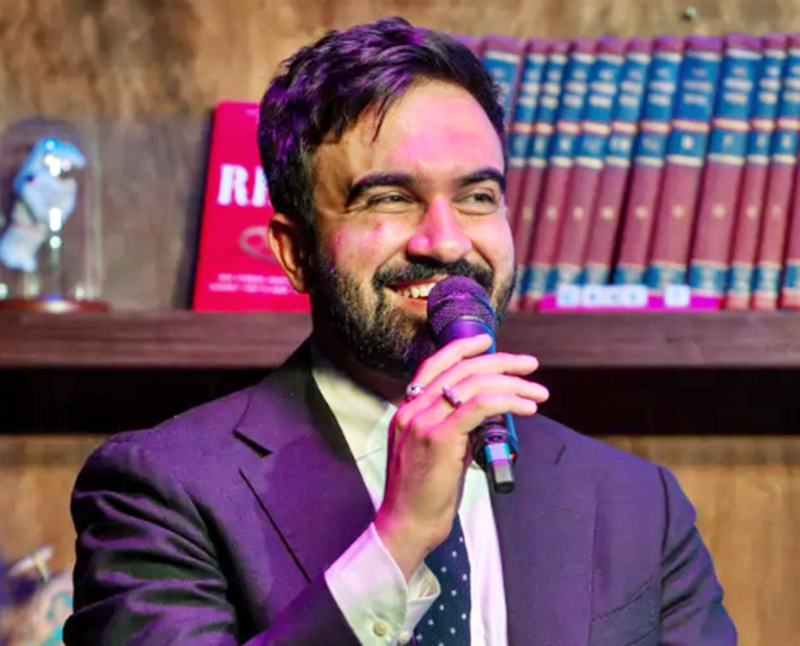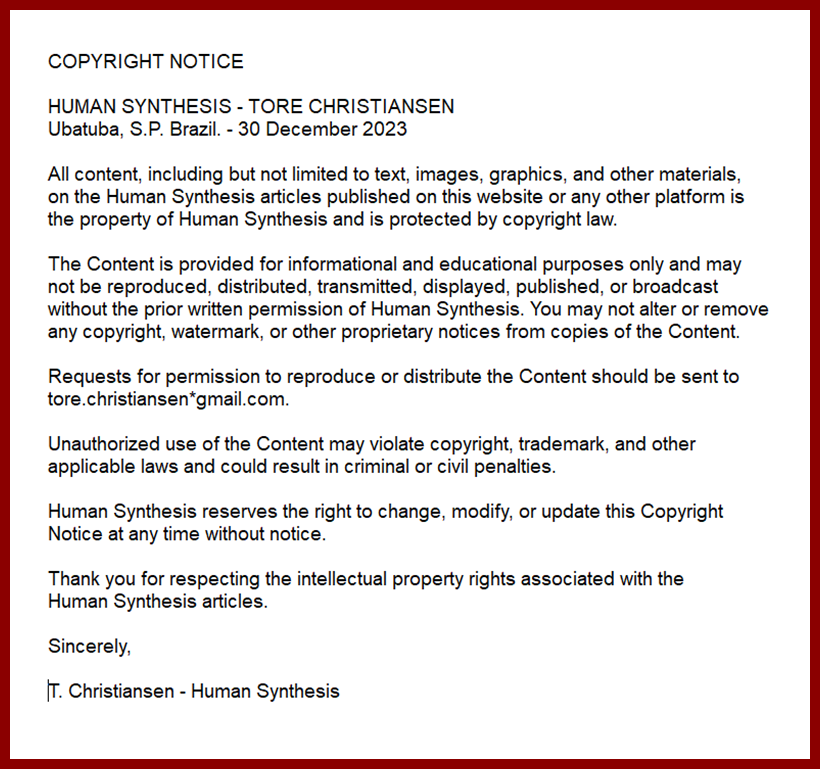NYC Democratic Mayoral Primary Puts Gaza in Focus

By SheerPost - Corinna Barnard / Consortium News -June 26, 2025
Zohran Mamdani, the 33-year-old Muslim member of the New York State Assembly who won the city’s Democratic mayoral nomination on Tuesday, is winning widespread attention for his people-versus-power victory over Andrew Cuomo, the politically damaged former governor of New York.
Cuomo, who was forced to resign from office in 2021 while facing sex-harassment allegations, had an enormous financial advantage. Forbes estimates Mamdani’s total personal wealth at $200,000, 50 times less than Cuomo’s $10 million. Cuomo, whose tenure as governor included a coverup of Covid-19 deaths at nursing homes, was backed by a $25 million super PAC. Mamdani’s campaign was subject to an $8 million spending cap for the primary.
Mamdani’s emphasis on affordability, with his passionate tributes to working-class heroes and heroines who deliver essential services and work the night shifts in the city that never sleeps, seems like an obvious recipe for political success, given New York’s stifling affordability crisis.
As such, the Mamdani-Cuomo face-off was widely viewed as a weather vane on which way the Dems should go — move progressive and restore a focus on working-class issues, or continue its fealty to the donor class.
Israel & Palestine
The Democratic leadership, if it’s watching, should also take the hint about Israel and Palestine that this primary election in the city with the largest Jewish population outside of Israel has delivered.
As The Guardian said in a headline on a campaign story, “Israel is playing an outsized role in New York City’s mayoral race. Will it matter?”
The answer seems to be yes, Israel did matter.
Mamdani, who has a history of activism against Israel — he has supported the boycott, divestment and sanctions (BDS) movement, for instance — survived an Islamophobic smear campaign in the primary that is only bound to get worse in the run-up to the Nov. 4 general election.
The U.S.-Israel relationship, meanwhile, is part of the lifeblood of politics in New York. Since 9/11, the city has become a destination for pilgrims to Ground Zero, the trigger point for years of devastating U.S. aggression in the Middle East.
It is home of Columbia University, an institution dating to the late 18th century that has become another Ground Zero of sorts — for a Zionist campaign to crush dissent against U.S.-backed Israeli violence in Gaza and elsewhere.
It also hosts U.N. headquarters, where Prime Minister Benjamin Netanyahu, wanted by the International Criminal Court for war crimes, regularly appears for the annual September meetings of the General Assembly. Mamdani has said that would stop if he were mayor. During a December 2024 interview with Mehdi Hasan, he said that, in accordance with international law in the form of an arrest warrant from the International Criminal Court (ICC), he would have Netanyahu arrested, even though the U.S. is not a member of the ICC.
When a pro-Palestine politician wins in the political cauldron over Israel that exists in New York, the Democratic Party’s leadership has to start wondering if other pro-Palestine candidates might easily clean up in other parts of the country, where the whole subject is less intense.
Mamdani has made efforts to assuage fears about anti-Semitism. His plan to create a department of community safety and increase funding for anti-hate crime programming was done with an eye on curbing anti-Semitic incidents, according to the Jewish outlet The Forward.
On Monday, the day before the primary election, Mamdani, in a widely watched appearance on Stephen Colbert’s The Late Show, said that Israel has the right to exist. On that same show, instead of confronting Colbert for grilling him about anti-Semitism at a time when Israel is actively massacring people in Gaza, Mandani simply agreed that anti-Semitism was a grave concern and let the subject end there.
With the countdown clock running to election night, he seems to have said what was politically expedient.
Favorable Treatment by New York Times
For that kind of political savvy, the so-called Tik-Tok-generation candidate has garnered favorable treatment by The New York Times, which has generally downplayed and helped to deny the genocide that Israel is committing in Gaza.
In one of its simplistic “listicles” on Mamdani’s victory — 5 Takeaways From the New York City Mayoral Primary — the Times didn’t even mention Israel.
Days before the election, the Times ran a news feature, “Mamdani’s Delicate Quest to Become New York City’s First Muslim Mayor,” which was careful to report on the flak Mamdani has drawn from pro-Palestine activists for supporting Israel’s right to exist.
And on Election Day, the Times ran an opinion piece by M. Gessen defending him from charges of being anti-Semitic and arguing against the conflation of criticism of Israel with anti-Semitism.
This suggests that the people running The New York Times are comfortable with Mamdani and assume that he will be safely absorbed by the political establishment if he manages to win election in November. Given the tendency for that to happen with young socialist-inclined candidates in the U.S. so far, it’s a good cynical bet.
But if The New York Times has made its peace with Mamdani, The Times of Israel isn’t so sanguine.
Under the headline “In stunning defeat, Cuomo concedes to anti-Israel Mamdani in NYC mayoral primary,” The Times of Israel juxtaposed the two mayoral rivals this way:
“Cuomo is a centrist Democrat with a long record of support for Israel. He campaigned heavily to win over Jewish voters with appearances at synagogues, Jewish events and in meetings with Jewish leaders.
Mamdani is a longtime anti-Israel activist who has said that the Palestinian cause got him into politics and is central to his identity. He alarmed many Jewish New Yorkers with his anti-Israel rhetoric and policies. He backs the boycott movement targeting Israel, has refused to acknowledge Israel’s right to exist as a Jewish state, identified as an anti-Zionist, and repeatedly accused Israel of genocide.”
Mamdani’s Zionist antagonists have tried to turn his Muslim identity and pro-Palestine political background into a liability. Political retribution could still lie ahead, between now and the general election in November. So far, however, it’s not working.
In Americans’ indirect, representative democracy, people don’t get to vote on issues. Since they are constrained to choose politicians to embody their views, elections acquire a form of mystical communication — the citizenry, from its place of silence, speaks.
Democrats’ last presidential candidate, Kamala Harris, sat in the White House as vice president and watched a gruesome genocide unfold in Gaza under President Joe Biden as U.S. weapons flowed to Israel. That haunted her failed bid.
In this New York Democratic mayoral primary, with a harrowing live-streamed genocide still underway, voters chose Mamdani. Democrats are now left to consider that his pro-Palestine views could be part of a winning formula.

Corinna Barnard
Corinna Barnard, deputy editor of Consortium News, formerly worked in editing capacities for Women’s eNews, The Wall Street Journal and Dow Jones Newswires. At the start of her career she was managing editor for the magazine Nuclear Times, which covered the antinuclear war movement. Author Site
